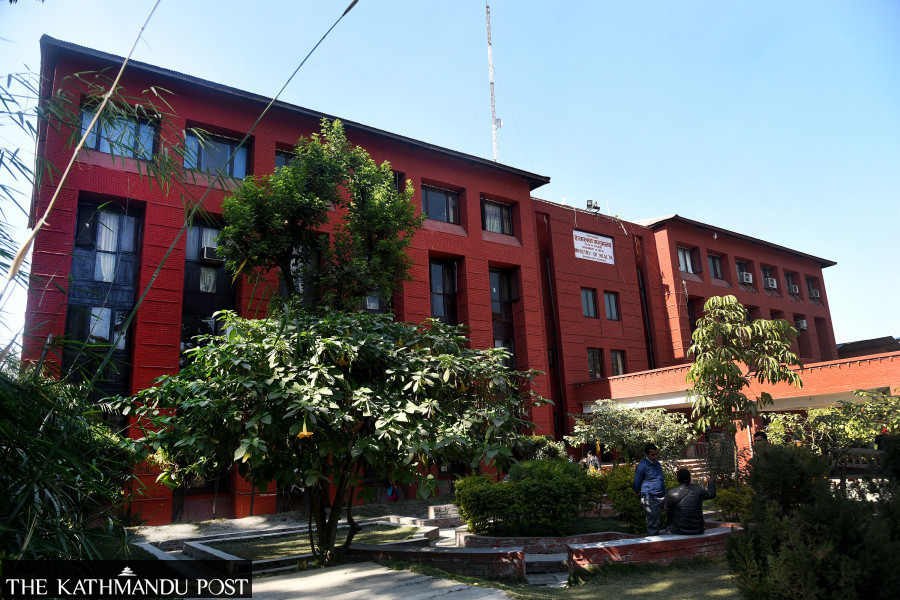Health
Government moves to control high medical fees, needless tests
Hospitals told to publish fees. Prescription audits planned to curb medical wrongdoings.
Post Report
The Ministry of Health and Population has decided to inspect medical bills issued by health facilities following growing complaints from patients and their families about exorbitant charges, particularly in private hospitals.
Patients and their relatives have also complained that private hospitals and medical colleges often do not inform them about fees at the time of treatment, only to impose excessive charges during discharge, according to officials.
“We have received several complaints from patients and their relatives about the excessive charges by health facilities, and such complaints are growing every day,” said Dr Prakash Budhathoky, spokesperson for the ministry. “We have already directed all health facilities, including medical colleges, to publish their fee structures on their websites.”
Officials said Minister for Health and Population Pradip Paudel himself expressed concern about these growing complaints and instructed officials to regulate the charges.
As per the ministry’s circular, health facilities must disclose outpatient department charges, bed fees, surgery charges, and lab fees, among other things.
“We have also requested health agencies under provincial and local governments to regulate health facilities,” said Budhathoky. “They are requested to check if patients are being overcharged by health facilities.”
Health officials said they are also planning to audit doctors’ prescriptions to see whether unnecessary medicines and tests are being prescribed. For this, the ministry plans to seek help from professional councils such as the Nepal Medical Council, the Nepal Pharmacy Council, and other agencies concerned.
Experts say most ailments can be treated with medicines costing just a few hundred rupees, but some doctors force patients to buy vitamin supplements costing thousands of rupees. Patients and their relatives have also lodged complaints with the ministry about doctors' alleged wrongdoings and collusion with health facilities. They also complained that some hospitals force patients to undergo unnecessary tests costing high fees.
Officials at the health ministry hope that an audit of doctors’ prescriptions will help address patients' complaints and grievances. Prescription audit is a systematic analysis and is in practice in many countries across the globe. It is carried out to find errors in doctors’ prescriptions and improve patient care.
Officials say the decision to carry out a prescription audit was made to discourage malpractices involving doctors, pharmacists, importers, drug manufacturers, and hospitals.
Under pressure from hospitals, patients are often made to undergo unnecessary and costly tests or are kept admitted in hospitals longer than necessary.
An official at the ministry, asking not to be named since he is not authorised to speak to the media, said the Department of Drug Administration has banned certain vitamin supplements prescribed by doctors and sold openly in the market in combinations with specified solutions and agents.
Some doctors and dispensaries have been taking undue advantage of poor patients, forcing them to buy additional vitamin supplements, the official said, adding that most patients are unaware and don’t ask if the supplements are necessary.
Medical experts say that vitamin supplements are only needed in specific conditions, but most doctors prescribe them unnecessarily.
Experts hope the prescription audit will help minimise irrational prescribing, improper dispensing, unnecessary testing and the practice of taking undue advantage of ailing patients.




 25.42°C Kathmandu
25.42°C Kathmandu














